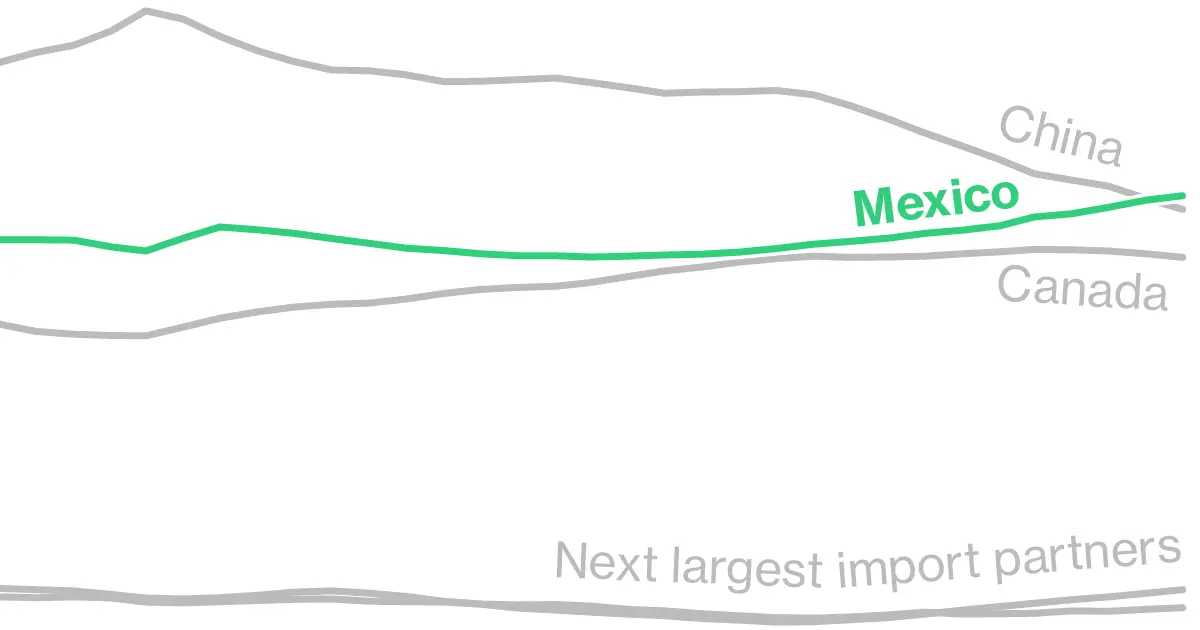Mexico’s Moment: The Biggest US Trading Partner Is No Longer China
Mexico’s Moment: The Biggest US Trading Partner Is No Longer China

Mexico’s Moment: The Biggest US Trading Partner Is No Longer China

The new Cold War is a business opportunity, and Mexico looks better placed than almost any other country to seize it.
US-China tensions are rewiring global trade, as the US seeks to reduce supply-chain reliance on geopolitical rivals and also source imports from closer to home. Mexico appeals on both counts—which is one reason it’s just overtaken China as the biggest supplier of goods to the giant customer next door.
On top of resurgent exports, Mexico boasts the world’s strongest currency this year and one of the best-performing stock markets. Foreign direct investment is already up more than 40% in 2023, even before Tesla Inc. starts building a proposed $5 billion factory. Not since the signing of the North American Free Trade Agreement in the 1990s has the country held the kind of allure for investors that it has right now.